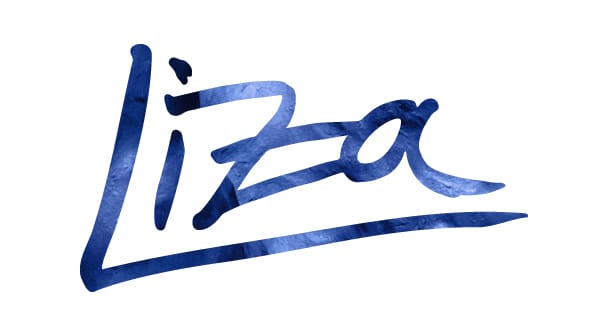Beyond the Tyranny of Boxes
Ranging Widely, From Claustrophobia to Capoeira Angola, and all the Molecules of my Whole Entire Self
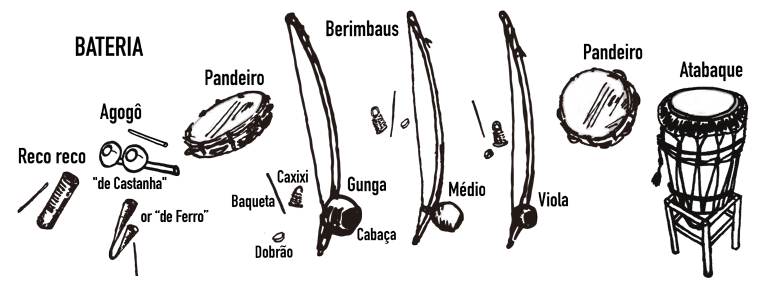
(This post was migrated from Substack)
je ne suis pas un chat
Cats love to fit themselves into boxes, but I am not now and nor have I, to the best of my knowledge, ever been a cat. I am not even a cat person (except for you, sweet Minkie!). And, I don’t fit in boxes.
How could I possibly, given the life, family, and country I was born into, the worlds and cultures I’ve lived in, the languages I speak and those I dream in, the weird multiple abilities I have (and those I don’t), the bizarre circumstances that have befallen me, the things that have called me, those that have broken me and the ones that have healed me, the depth and breadth of my curiosities, the way the—equal parts powerful, beautiful, and infuriating—brain I was born with is wired, and so on and whatnot and so forth?
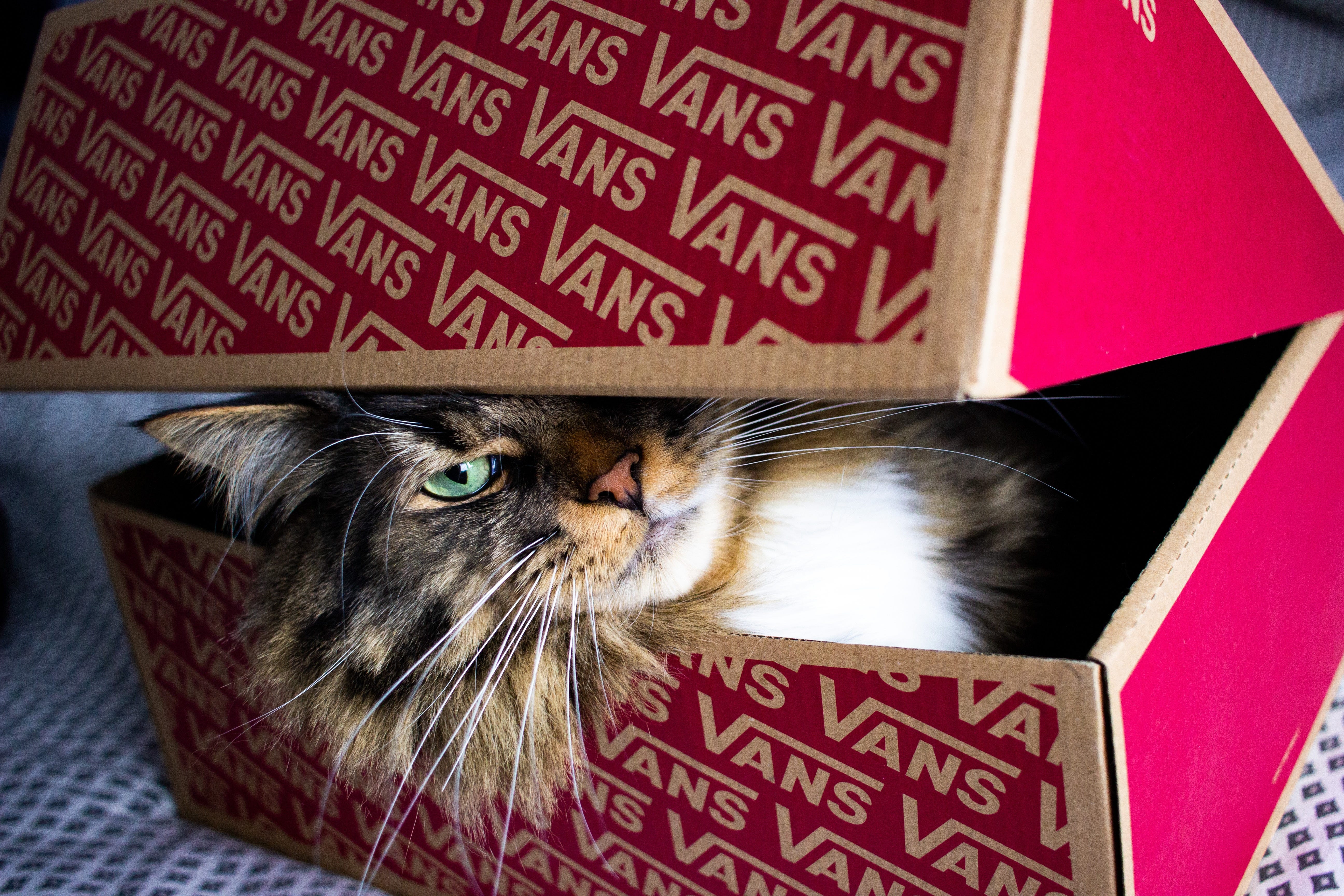
torment, claustrophobia, and the d-word
Most of my life has felt like a never-ending, tormented battle against the Big Box-imposed, constant, walls-closing-in-claustrophobia of you must be but one thing, you must do but one thing, you must narrow and condense and squish and squash and squeeze and spanx and define your whole entire self thusly, or else—you are not a serious person, you are… God-Forbid, or better yet, Mon Dieu!, a DILETTANTE!1 You are neither to be trusted nor respected, you flit and flutter about, you are sloppy, pretentious, to be scorned and spit on and dismissed, no one will ever hire you understand you love you and you will starve and suffocate and die a terrible death and and and…
And, got it: there is no space on this planet for the you that is you in all your multiplicity. Periscope your head above the surface—how dare you?—and you will be stomped on.
A significant aspect of my childhood was an odyssey through family violence and cruelty both physical and emotional, through neglect and abandonment and loss. All the more confusing given the many I-love-yous.
If I could be beaten. If I could be thrown away. If I could not be cherished. If I could not know safety. If I could not know unconditional love. If I should be ashamed of my existence. If I were a prop.
How could I then inhabit my true self with ease?
a real artist?
So, I am a creative person. I might even be a real artist.
Oof. It might be easy and natural for some of you to declare that about yourselves.
For me, though, it took a hell of a journey and a process to understand and accept this about myself, given, for one, the multiple pushbacks, pressures, and threats, were I to consider pursuing anything “creative” after high school beyond a minimal “hobby” (btw, they didn’t have Arts high schools in France, or if they did I was none the wiser).
When I am able to, with a neutral face, call myself an artist, I can’t fit into one box either—unless it’s the inter/-multi/poly-disciplinary one (and seriously, people, are there really that many artists or creative people who pursue but one thing?). I’ve hand-built ceramic sculptural vessels using a methodology I ended up realizing I had to develop for myself. I yearn to get back to clay one day. I’ve made collages and jewelry and hope to do so again and again. I write and have written in many a format and many a genre, including poems, theatrical monologues, commercial scripts, flash (both fiction and CNF), essays, memoir... I’ve studied dance and acting and improv and and and…
And? And, well, I hide. See above, the periscope and the stomping.
all the molecules of my whole entire self
I pour all the molecules of my whole entire self into each of these practices. I live, with nothing short of devotion, to study and research and read and absorb and refine and experiment and question and rehearse and revise and learn and play and build and collaborate and make and improve and and and…
capoeira angola sent for me
And, well, perhaps that is one of the reasons why the African-Brazilian art form of Capoeira Angola called me and grabbed me and would not let go.
Capoeira de Angola mandou me chamar. As the song composed by Mestre João Grande says, Capoeira of Angola sent for me.
Capoeira Angola would not let go, even after my unruly body abandoned me.
Capoeira Angola would not let go, even after that reconstructive surgeon (cursed be his name)—wielding the scalpel of the patriarchy over this willful, but lucky for him, conveniently anesthetized female—mangled my body to his specifications, which were aesthetic, and not mine, which as I had explicitly and precisely communicated to him over and over again, were functional. I needed to be able to still do backbends. How frikken hard was that for him to understand?
Capoeira Angola would not let go, even when I walked away from it—the pain of loss of ability, the concomitant shame too acute, too overwhelming, too all-encompassing to be able to bear. That’s internalized ableism for you.
Capoeira Angola would not let go, even when I walked away from it—the feeling that had been metastasizing that, as someone with white skin I was trespassing by practicing this sacred art of the African Diaspora. The fact that I was born and spent part of my childhood on the continent, further contributing to my perceived transgression.
capoeira is everything that the mouth eats
As Mestre Roxinho writes, Capoeira was brought to Brazil by the enslaved Africans who survived the Middle Passage,
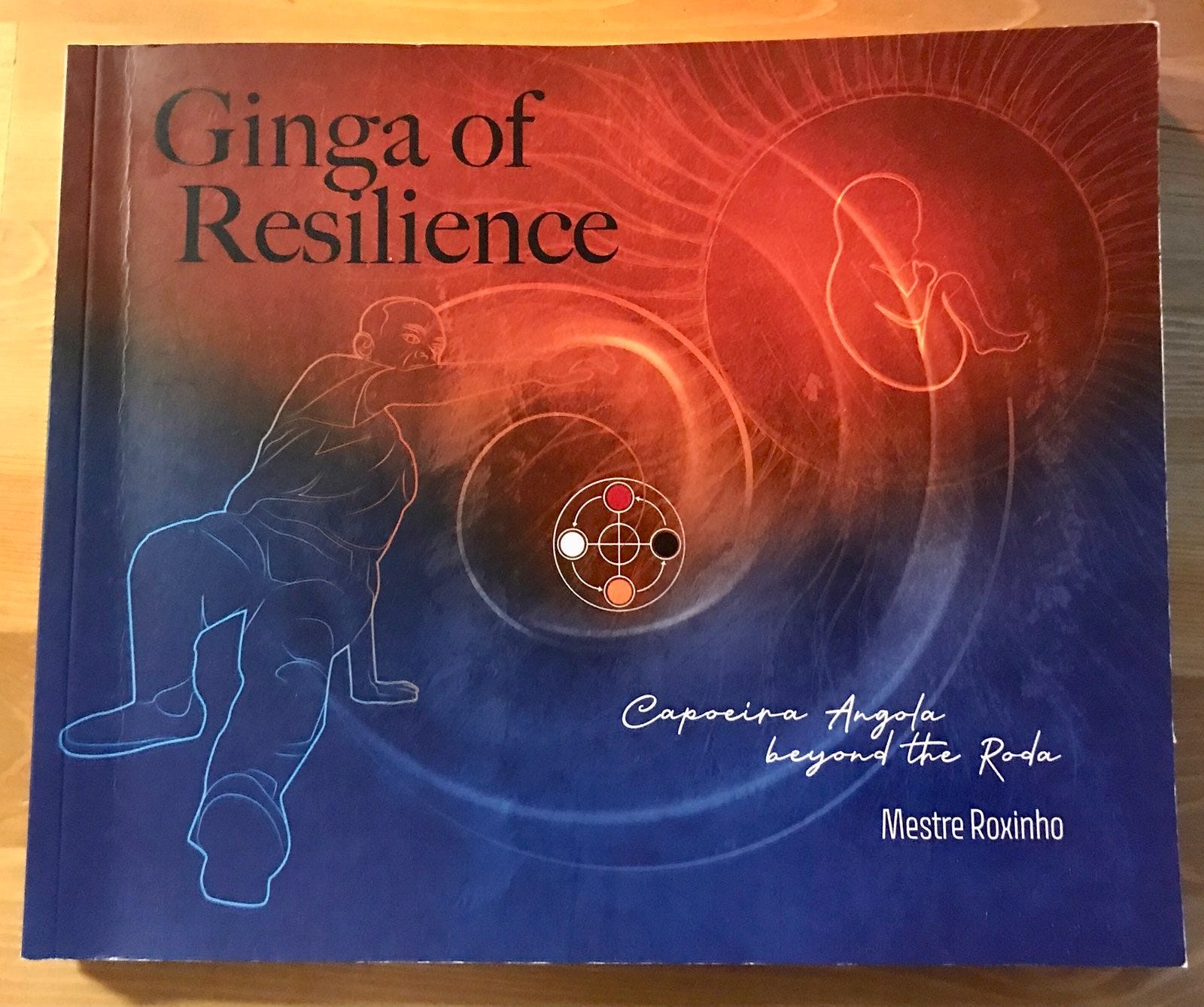
Capoeira Angola is interdisciplinary, holistic, multifaceted, complex. It’s a dance-fight-game-but-not-really-a-fight-but-could-be-a-fight. It’s an art-social-intellectual-wisdom-life-spiritual-community-educational-political-healing practice. It’s ritual. It nurtures survival. It’s play. It facilitates liberation. It’s sustenance. It cultivates humanity.
all the things
When you practice Capoeira Angola, you learn and do All The Things.
We play instruments. All the instruments: three types of berimbaus, the pandeiro, the agogô, the reco reco, and the atabaque. And we strive to learn to play all the instruments equally well. We learn all the primary toques—rhythms—and variaçaos upon variaçaos upon variaçaos. And we strive to learn when and where and how and why to play them. We never stop learning.
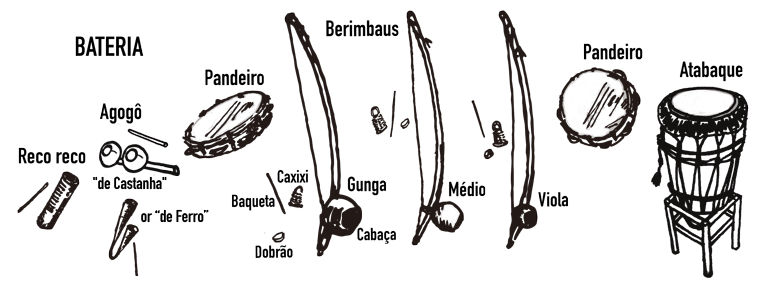
We sing. Primarily in Portuguese. It’s call and response. So we learn to lead the songs —while playing the instruments—and to respond. We strive to learn to understand what the songs really mean, when and where it’s appropriate or necessary or not to sing them.
We move—What we do on our feet we learn to do on our hands. What we do to the left, we learn to do to the right. We study the vocabulary of movements, the ginga, the rolê, the negativa, the many many more, and we learn to conjugate them in embodied conversation, in embodied call and response, in this game that is played between two people inside the sacred circle of the Roda.
We engage in ritual, we learn, we share, we exchange energy, we discuss and we learn some more. We study ancient wisdom—spirituality, philosophy, cosmology—and for so many of us, we apply the teachings of Capoeira Angola both in the Roda, and in the world.
Capoeira Angola is not for the faint of heart. It is not for the dilettantes. It is the most exquisite, sophisticated, life-and-joy-giving, oppression-survival nourishment a body, a mind, a soul could ever wish for.
As Mestre Pastinha, known as the father and protector of modern Capoeira Angola, said, “Capoeira é (…) tudo que a boca come” which means “Capoeira is (…) everything that the mouth eats.”
ranging beyond the box(es)
Some time ago, the book Range—Why Generalists Triumph in a Specialized World, crossed my path. And, its author, David Epstein publishes Range Widely.
Les Français had a thing about les généralistes, and Gallic dogmatism is so adept that the concept of generalist sadly remains tainted in my mind. I’m combating it however, and Range is one of the tools that has been helping me. Epstein has a whole section devoted to the Figlie del Coro, the brilliant female musicians of baroque Venice, who played all the instruments and sang “like angels,” to boot. That chapter is what led me to reflect on our Capoeira bateria, and how we too play all the instruments.
I began this post in frustration at just how confined I’ve mostly felt in so many areas of my life. “Work/Career” is one of the biggest—without it there is no food, shelter, etc. I was functionally homeless for five years (three cancers within the U.S. medical-industrial-complex will do that to you) so this is not an abstraction to me. Because I’ve been in survival-rebuild-my-life mode several times over, with the rug repeatedly pulled out from under me, I haven’t had the luxury, or haven’t felt I had the luxury, to “just do what you love.”
I’m clawing my way out of the prison of The Box. I have to escape its confines once and for all. So, I’m building a new path for myself, one that empowers and embraces my curiosity, my love of words, story, language(s), creativity, process, reading, deep listening, concept development, ideation, collaboration, play, clarity/wayfinding, helping writers, artists, thinkers, and makers, and more.
My dearest friend, wise irmão, fellow student, brilliant Capoeira teacher, multitalented interdisciplinary artist and doctoral candidate, Charles Willliams, said to me in 2020, when, after a yearslong hiatus, I marveled at how my body and soul remembered and had seemed to have recorded all I had learned before: “Capoeira Angola is in your DNA, Liza.”
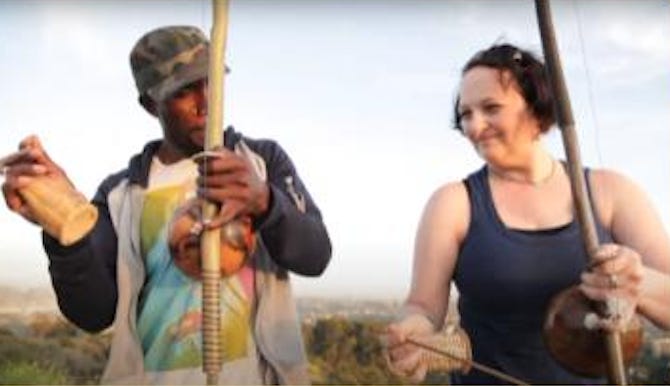
I trust that as I continue to give myself to it, Capoeira Angola will continue to inspire, teach, guide, and fulfill me such that I may thrive beyond the confines of boxes, and, in honor of all who came before me to keep this art alive, such that in reciprocity, I may share my gifts with the world.
It’s with gratitude and humility and love, and with the understanding and acceptance of the grave responsibility it carries, that I sing out loud “eu sou Angoleira.”
Coming up, as a foreigner no less, under the tyranny of rigidity and conformity and contempt and enforcement-of-specialization-when-still-a-child-and-even-a-young-adult-with-a-growing-curious-mind is a trip. Merci beaucoup for the years of unrelenting torture, Descartes, your this or that dualism, and your eager toady, the French Educational System. And by the way, je t’emmerde, Descartes, you didn’t fit into a single box either. ↩
Excerpt from “Ginga of Resilience—Capoeira Angola Beyond the Roda,” by Mestre Roxinho ↩
